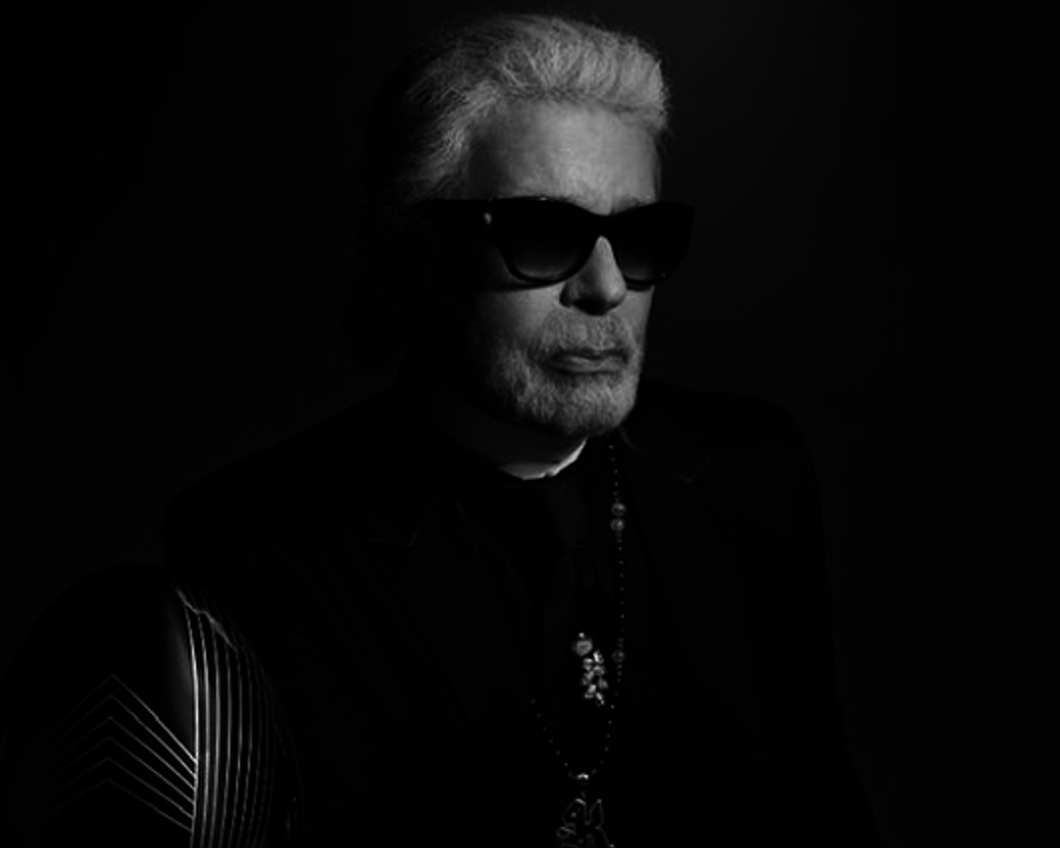This past Tuesday, fashion icon Karl Lagerfeld of Chanel died in Paris. The industry mourned over the alleged legend, reminiscing in his outspoken thoughts ("sweatpants are a sign of defeat") and his dedication to the art of high-fashion. He has been credited multiple times as saving the infamous brand of Chanel with his innovation as creative director.
Yet, as it so happens with countless other celebrities who pass away, people are tending to look away from the more problematic stances that Lagerfeld took. As Clémence Michallon, a writer for The Independent said, "It's always tempting — and only human — to focus on the positives when speaking of the dead, especially so soon after their passing. Acknowledging some of the less palatable aspects of someone's life at such a time can seem in poor taste, rude, and slightly unfair."
But what are we doing if we ignore every aspect of one's legacy? Are we, perhaps, selectively remembering one whilst promoting the idea that it is alright to make insulting and outrageous comments, for it will all be forgotten within your overall memorial?
In this specific case of Lagerfeld, he was often seen publicly insulting the women species in general, from criticizing curvy women to condemning the #MeToo movement. Though fashion seemed to be an untouchable art in his eyes, women as a whole was a subject that he often tarnished.
It started out as a general criticism of looks. He once called singer Adele "a little too fat" while discussing her singing talents. In regards to Pippa Middleton, he commented that she struggles in beauty and that he didn't like her face, saying, "She should only show her back." He's made comments in regards to curvy women, saying, "No one wants to see curvy women on the catwalk."
Sure, all of this could be written off as a Joan Rivers-esque attitude towards others. You could shrug your shoulders and look the other way. But when the #MeToo movement rose in prominence, where models and other women began to come forward about their sexual harassment and assault, Lagerfeld displayed the true horrors of his narrow-minded outlook.
"If you don't want your pants pulled about, don't become a model! Join a nunnery, there'll always be a place for you in the convent," he said after expressing how "fed up" he was with the movement to Numero Magazine.
Karl Lagerfeld could be regarded as a fashion industry icon just as much as he could be seen as a symbol of the industry's faults. He continued to encourage the objectification of women while exploiting them as models to his own benefits. As a woman myself, I can't help but roll my eyes every time someone idolizes Lagerfeld while completely ignoring every time he had contributed to sexism and misogyny.
While he was an influential artist in the realm of fashion, withholding all of the ugly details of his legacy only contributes to the ignorance of prominent figures and their wrong-doings. It's alright to reflect on his work for the fashion industry, but when you tell his story and legacy, be sure to tell all of it.




 Today I am
Today I am  Go to the gym
StableDiffusion
Go to the gym
StableDiffusion
 Listen to more music
Photo by
Listen to more music
Photo by  Have more patience
StableDiffusion
Have more patience
StableDiffusion









